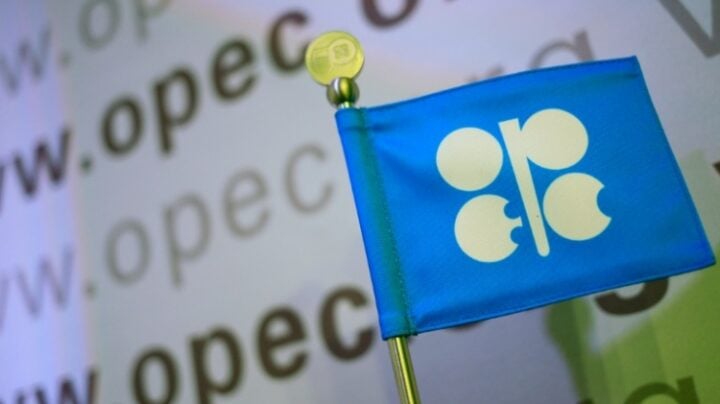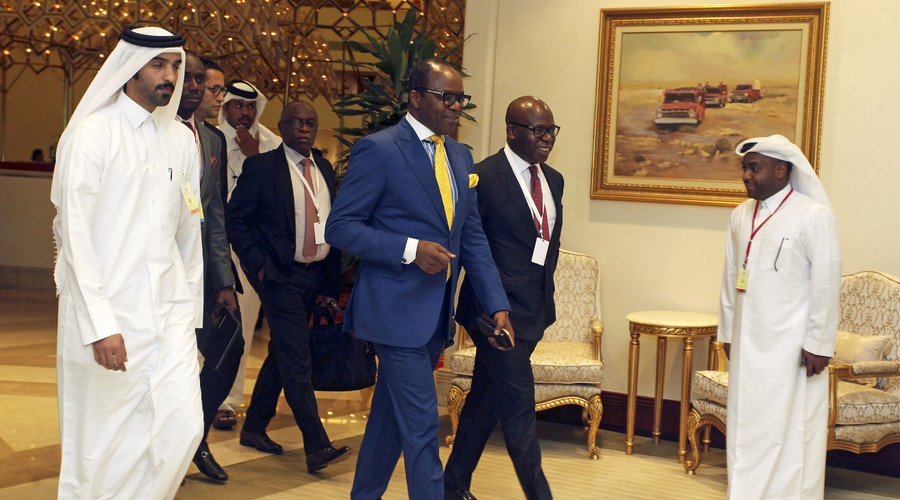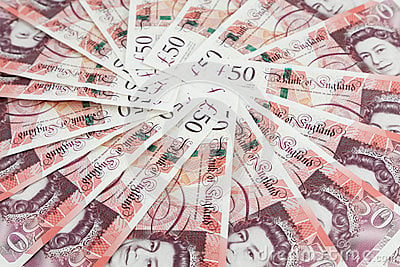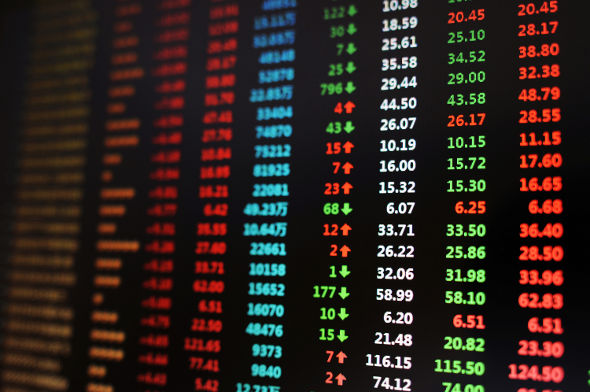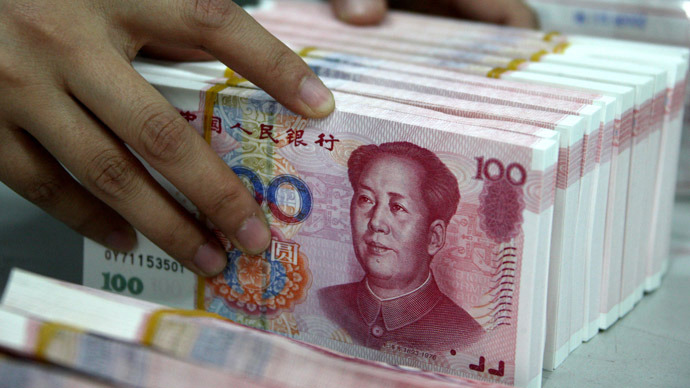The long-awaited summit between OPEC and non-OPEC oil-producing countries in Doha ended without an agreement, failing to strike a deal to freeze output at January levels.
Mohammed Bin Saleh Al-Sada, Qatar’s energy minister, said in a press conference that “we all need more time for more consultations and talks.” The disagreement has been mainly due to Tehran’s resistance to the idea of an output freeze, as it attempts to recover its lost market share after being freed from the Western sanctions. However, Saudi Arabia is not willing to construct a deal without Iran’s participation which could ignite the market share war.
Oil prices had rallied by more than 60% from January lows on prospects that an agreement to freeze production will be reached. There is no doubt that oil prices are due to crash in Monday’s Asian trading session, but the question will be by how much? 5%, 10% or more than 15%. The burden will also be felt in all major financial assets, including equities, fixed income, and FX markets. I will be looking for stocks to fall across the globe on Monday, yields on sovereign debt to decline, and emerging & commodity market currencies to tumble. Meanwhile the major beneficiary will be the safe haven Yen.
Will US Earnings offset oil prices crash?
Advertisement
Oil prices will be the main driver of headlines in the week ahead, but with more than a fifth of S&P 500 companies due to release their first quarterly results, this cannot be ignored. The trick of beating Wall Street’s expectations is still working, and stocks are responding positively albeit that US earnings are in recession for the third consecutive quarter. Financials rallied by more than 4% past week as major banks such as JP Morgan, Bank of America, Well Fargo, and Citi all beat expectations. However, if oil prices plunged heavily, this trick will be less likely to work. Goldman Sachs and Morgan Stanley the biggest US investment banks are among the companies to announce first quarter results.
ECB Meeting: Do words matter anymore?
Since the ECB last met in in March the Euro had appreciated by more than 2.5%. Although the measures taken at that meeting exceeded the market’s expectations by cutting interest rates, adding monthly bond purchases and providing more cheap loans to Eurozone banks that was not enough to offset Mr. Draghi’s phrase that rates were at their lower bound.
Advertisement
The central bank will be meeting on Thursday and while we do not expect any change in monetary policy this time, traders will turn their attention to Mr. Draghi’s press conference. The wave of recent criticism from German politicians over the bank’s loose monetary policy might find a response from Draghi, who always stressed the independence of the central bank. However, Euro traders will be looking for more signals on whether there is a will for loosening monetary policy further, but most probably Mr. Draghi will be very cautious in his remarks and will shift responsibilities onto government fiscal reforms, rather than monetary actions. If Draghi reiterates that rates are at their lower bound than EURUSD could revisit 2016 highs at 1.1460.
For more information please visit: ForexTime
Sayed is chief market strategist at FXTM
Advertisement
